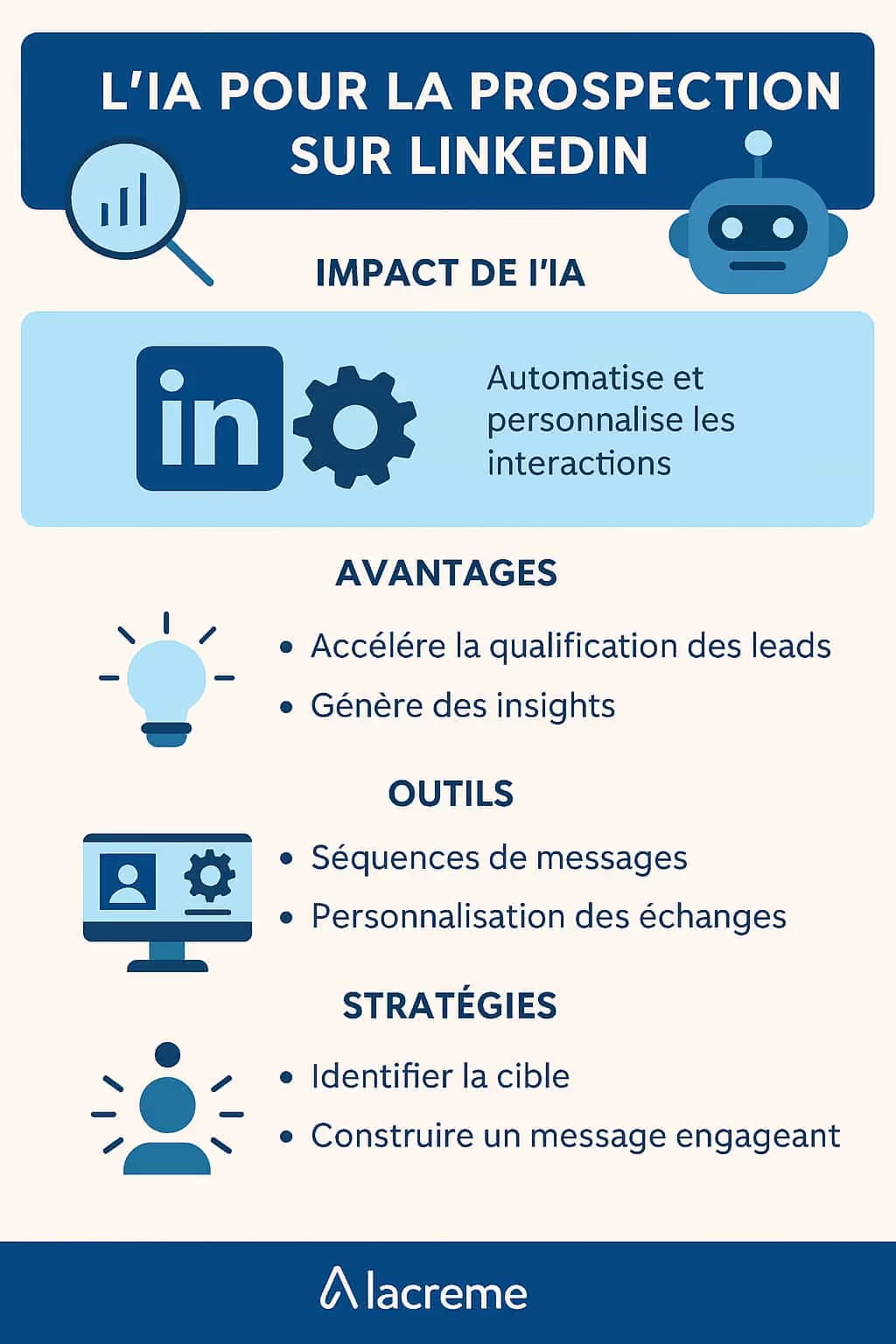At the time when theartificial intelligence (AI) is making a revolutionary breakthrough in many sectors,upbringing is proving to be a particularly fertile field for its applications. By innovatively modulating traditional aspects of teaching, AI promises to transform learning into an interactive, personalized, and deeply rewarding experience.
Presentation of the potential of Artificial Intelligence in education
THEAI, by its ability to automate, analyze and anticipate, has significant potential to strengthen the education sector. Data science and complex algorithms can, among other things, provide valuable insights into teaching methodologies and student learning styles. The introduction of these intelligent systems into educational processes breaks down conventional boundaries and opens the door to a universe of cognitive interactivity and continuous adaptation.
How is Artificial Intelligence transforming the role of teachers?
AI technologies and professional development
Innovations brought by AI in education are transforming the traditional role of teachers. They are now supported by AI tools capable ofautomate repetitive tasks, which allows them to focus more on differentiated pedagogy and the individualized support of students. In addition, AI offers new professional development opportunities through modules of training continuously adjusted to the specific needs of trainers.
Personalizing education through AI
The major strength of AI in education lies in its ability to adapt teaching to the needs of each learner. By closely monitoring individual progress, AI-driven programs can recommend resources pedagogic targeted, adjust the level of difficulty of the exercises and modify the teaching strategies to optimize the learning of each student.
The impact of AI on the student learning experience
Adaptive learning tools and academic outcomes
Adaptive learning tools designed using theartificial intelligence personalize the educational experience, making learning more intuitive and effective. The use of these platforms can result in a significant improvement in academic results, since each student is guided through a personalized educational path that respects their pace and capitalizes on their strengths.
Improving student engagement with AI technologies
AI solutions can also revolutionize student engagement. Through educational games, interactive simulations, and virtual assistants, learning becomes an engaging experience. Les students are immersed in a context where curiosity and the desire to learn are constantly stimulated by real-time feedback and evolving adaptive pathways.
The challenges of integrating Artificial Intelligence in an educational environment
Ethical issues and respect for privacy
The integration of AI in education raises ethical questions, particularly in terms of respect for privacy and the use of personal data. It is essential to develop and rigorously apply legal and ethical frameworks to ensure the protection of sensitive student information and to maintain transparency in the use of this data.
Equity and accessibility of AI education
While AI in education has substantial benefits, there is still a major pitfall in the way of access and equity. Ensuring that AI-based tools are accessible to all social environments remains a major challenge, requiring collective commitment and public policies that support the integration of these technologies into the least privileged strata of society.
Artificial Intelligence: An opportunity for curriculum development
AI and 21st century skills in programs
Curricula need to evolve to incorporate AI skills, preparing students for future career challenges. Learning computer science, programming, and understanding intelligent systems must become a priority in contemporary educational strategies to arm learners with the tools necessary to navigate a globalized and technologically advanced economy.
Preparing students for the jobs of tomorrow
Teaching AI and becoming familiar with its practical applications is crucial in preparing students for emerging jobs. Knowledge of human-computer interaction and the ability to work in concert with intelligent technologies are key skills that modern education should aim to instill.
Conclusion: Towards a synergy between educators and Artificial Intelligence
To conclude, it is becoming obvious that the future ofupbringing lies in an insightful synergy between human educators and artificial intelligence. The fusion of educational expertise and technological innovation opens up a horizon of possibilities to personalize learning and make it more attractive, accessible and adapted to the challenges and opportunities of the 21st century. It is a collective responsibility — teachers, decision-makers, parents, and technologists — to pave the way for this evolutionary trajectory so that AI-supported education becomes a vehicle for a more informed, inclusive, and innovative society.






